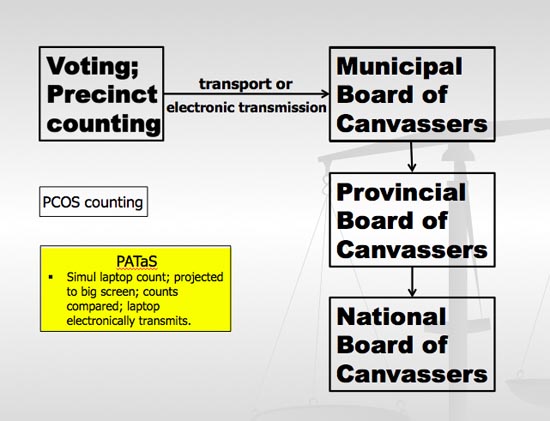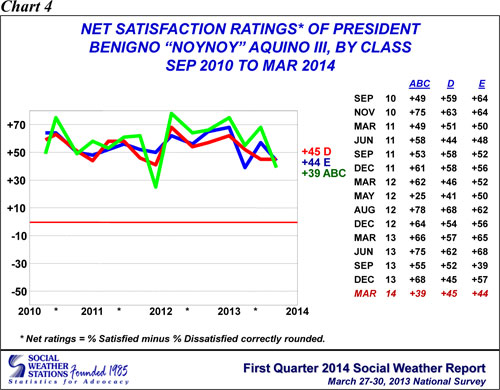Children advocates to push for “child-centered” elections
A group of non-government and civil society organizations and child-led groups working for the protection of children’s rights will embark on a campaign that will advance children’s issues at the center of electoral discussions this May 2013 national elections.
The nationwide campaign, dubbed as “Bata Muna” will urge candidates to adopt a political platform that will stand up for children and their rights. It will also educate voters to choose candidates that do not only kiss and hug babies during sorties, but candidates who have concrete policies and programs for children.
“This campaign aims to educate voters, candidates and the general public on the urgency of children’s issues and to bring these issues into the heart of public discussion and debate specifically for the coming elections. We hope to raise as many voices as possible, including the voices of children themselves, calling on every voter to vote for candidates who will stand up for children’s rights,” says Anna Lindenfors, Country Director of Save the Children in the Philippines.
“The campaign also aims to convince political candidates to include the issues of children in their electoral platform,” adds Lindenfors.
The Philippines, having ratified the UN Convention on the Rights of the Child (UN CRC), has an obligation to do its best, to the full extent of its resources, to make sure that the rights of the child are realized in the country. Currently, 193 countries are signatory to the UN CRC.
Meanwhile, Rodelio Ablir, Executive Director of the Samahan ng Mamamayan – Zone One Tondo Organization (SM-ZOTO) opines, “we have to carefully check and elect government officials that truly care for our children and their rights. During elections, candidates repetitively boast that they care for children only to realize that very few of them, when elected, will responsibly stand up for our kids. It is very disappointing that legislative proposals that are meant to protect our children are not considered important and had to take a back seat, while bills that threaten children’s well-being are persistently being pushed.”
“For example, our senators and congressmen are leaving the proposed positive discipline bill behind while fast tracking the amendments of the juvenile justice law specially lowering the minimum age of criminal responsibility from 15 to 12. It seems that our legislators, now in the bicameral level, are more motivated in sending children beginning the age of 12 into jail while at the same time are very cautious in taking up banning corporal punishment of children, still pending at 1st reading in the Senate as of this time” adds Ablir.
Lindenfors explains that children constitute the biggest proportion of the population that access basic services from the government. Thus, they suffer the most when services are poor or lacking, or when government is weak or inefficient. Just like any other citizen, children deserve quality programs and services. They deserve accountable, responsive and honest government officials who will look after their best interest.
“If we have these kinds of leaders in office, parents will no longer worry if they have a sick child, if they don’t have enough money for their children’s schooling or if their child is outside of their home because they know that their government will protect and provide quality services for their children,” she explains.
It has been observed that, across the world, bad governance has had a devastating effect on children, often contributing to conflict, climate change, poverty and, ultimately, the failure to promote the survival and wellbeing of the most marginalized.
The nationwide campaign will kick off in March with a solidarity launch to be jointly organized by Save the Children, SM-ZOTO, Plan International, ChildFund, Asia ACTs, Children Talk to Children (C2C) about the UN CRC Project and WomanHealth Philippines. The highlight of the campaign is a dialogue between the political candidates and children. ENDS


